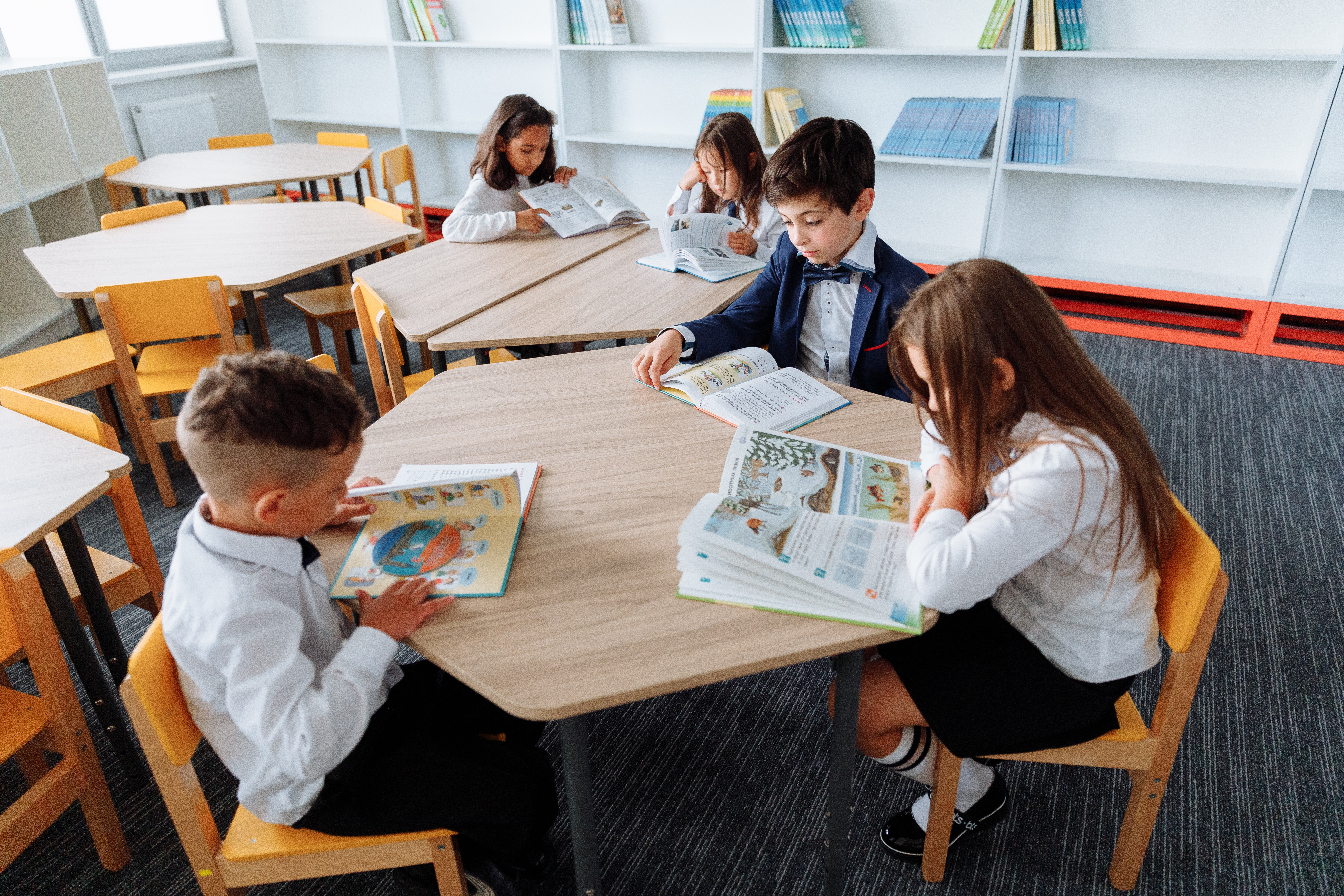England’s school children maintain stable performance in reading despite the pandemic, new report says

A newly published report by the Department of Education has shown that the reading performance of year 5 pupils in England has remained consistent despite the COVID-19 pandemic. Findings from the 2021 Progress in International Reading Literacy Study (PIRLS) in England reveal that while most countries showed downward trends in pupils’ reading achievement since 2016, England’s results showed no statistically significant change and remained above the international average. This is despite the disruption the pandemic caused to teaching and learning.
The PIRLS study, which takes place every five years, provides an internationally comparative picture of reading literacy and shows trends in this area over time. In the PIRLS 2021 cycle, 57 countries participated, including England.
In England, the PIRLS 2021 research was conducted by the Oxford University Centre for Educational Assessment (OUCEA) based at the Department of Education, in collaboration with the research team at Pearson, who were responsible for the administration of the PIRLS assessments in schools under the leadership of National Research Co-ordinator, Associate Professor Grace Grima. The Oxford research team included Dr Ariel Lindorff, Jamie Stiff and Heather Kayton.
Dr Lindorff, Associate Professor at the University of Oxford’s Department of Education and primary author of the PIRLS 2021 National Report for England, said: “PIRLS was not designed to measure the impact of COVID-19 as such, so we can’t be sure of all the ways it affected teaching and learning, but the fact that we do not see a decline in pupils’ reading achievement in England since 2016 is encouraging.
“While we can’t link the results to any specific initiative, they do suggest that, at least to some extent, the combination of COVID-19 recovery efforts made in England have been successful in supporting pupils’ reading skills.
“People look to PIRLS and other international large-scale assessments for comparisons across countries, but we need to take into account that the pandemic affected countries differently. England appears among the highest in average reading performance of the countries participating in PIRLS 2021, and this is a very positive result. We need to avoid over-interpreting England’s specific ‘ranking’, though. England’s position in this cycle reflects declines elsewhere, as well as the exclusion of some countries from rankings if they tested a different age group, rather than a straightforward increase in England.”
In welcoming the study’s completion, Pearson’s Director of Research, Dr Grace Grima, said “It is encouraging to see pupils in England continuing to perform well in reading after COVID. I would like to thank all the schools, teachers and pupils who helped make the study a success.”
Results also showed that the gender gap, which had already narrowed between 2011 and 2016, was further reduced in PIRLS 2021.
Internationally, the study was led by the International Association for the Evaluation of Educational Achievement (IEA).
The full report can be accessed on the Government’s website.
